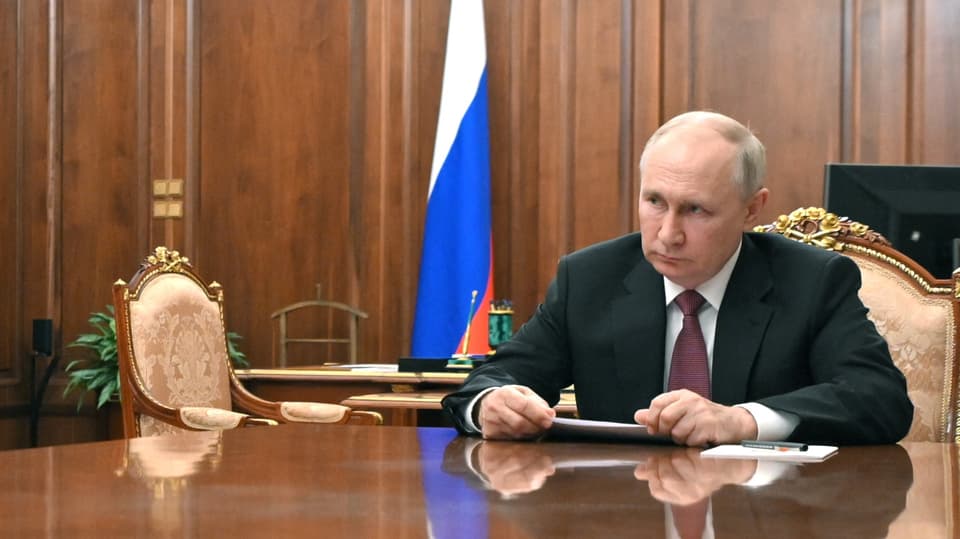Contents
In mid-July, Moscow nationalized the Russian productions of Danone and Carlsberg overnight. The examples show that no international company is still safe from the Kremlin – including Swiss companies.
Neither Danone nor Carlsberg expected the nationalization in the slightest. Both groups had already found buyers for their Russian business. This shows how unpredictable doing business in Russia has become.
Of around 3,400 international companies that were active in Russia before the attack on Ukraine, only 265 managed to leave the country entirely – i.e. to sell or liquidate factories and branches.
Ten of these companies are Swiss companies. This means that one in seven Swiss companies, i.e. 14 percent, has now left Russia entirely, says financial expert Andri Onoprienko from the Kiev School of Economics. Among them are Zurich Insurance and the logistics company Kühne&Nagel. Both sold everything a year ago.
Expert: «Irrational behavior of Russia»
The quick exit from the Russian business paid off, says Onoprienko. Because Russia’s behavior towards international companies is becoming increasingly irrational. Since the outbreak of war, he has been following what international companies are doing in Russia on a daily basis. His team evaluates commercial registers and analyzes balance sheets from local factories and branches.
Legend:
Unpredictable policy towards foreign companies: Kremlin boss Vladimir Putin.
Sputnik/Mikhail Klimentyev/Kremlin via REUTERS
Half of the Swiss companies, around 70 in number, had legal entities in Russia before the war. Selling these has since become almost impossible, says Onoprienko. The Kremlin issues new rules every day, nothing works without permission. And everything will be delayed.
The bigger, the more at risk
Holcim and ABB experience this firsthand. The cement manufacturer Holcim wants out of Russia.
The machine group ABB has also wanted to leave for a year. The exit is still not complete – although production in Russia has long since stopped.
Those who cannot – or do not want to – sell their property in Russia run the risk of suffering the fate of Danone and Carlsberg. The question is which Swiss companies are most at risk.
Basically everyone, says Onoprienko. The most exposed are those with the largest sales in Russia. From a Swiss perspective, these are heavyweights such as Nestlé, Novartis, Sandoz, Roche, Holcim and Barry Callebaut. Their sales in Russia vary from just under $100 million to over a billion.
restrained communication
Most of them don’t want to tell Radio SRF how much Nestlé & Co. fear nationalization themselves. The food multinational from Vevey operates 6 factories in Russia. Chocolate producer Barry Callebaut, which operates three factories in Russia, replied in writing.
Novartis also comments in writing.
According to the Kiev School of Economics database, Novartis and Sandoz have sales of around $800 million in Russia.
Seco observed
The State Secretariat for Economic Affairs Seco is closely monitoring the situation. The Seco writes that the danger of compulsory administration is taken seriously. Should it come to that, Switzerland would consider quote interventions. However, one is aware that such measures would only have limited effect in today’s environment.
In other words, the 60 or so Swiss companies that still have factories or branches in Russia are at the mercy of the Kremlin.
